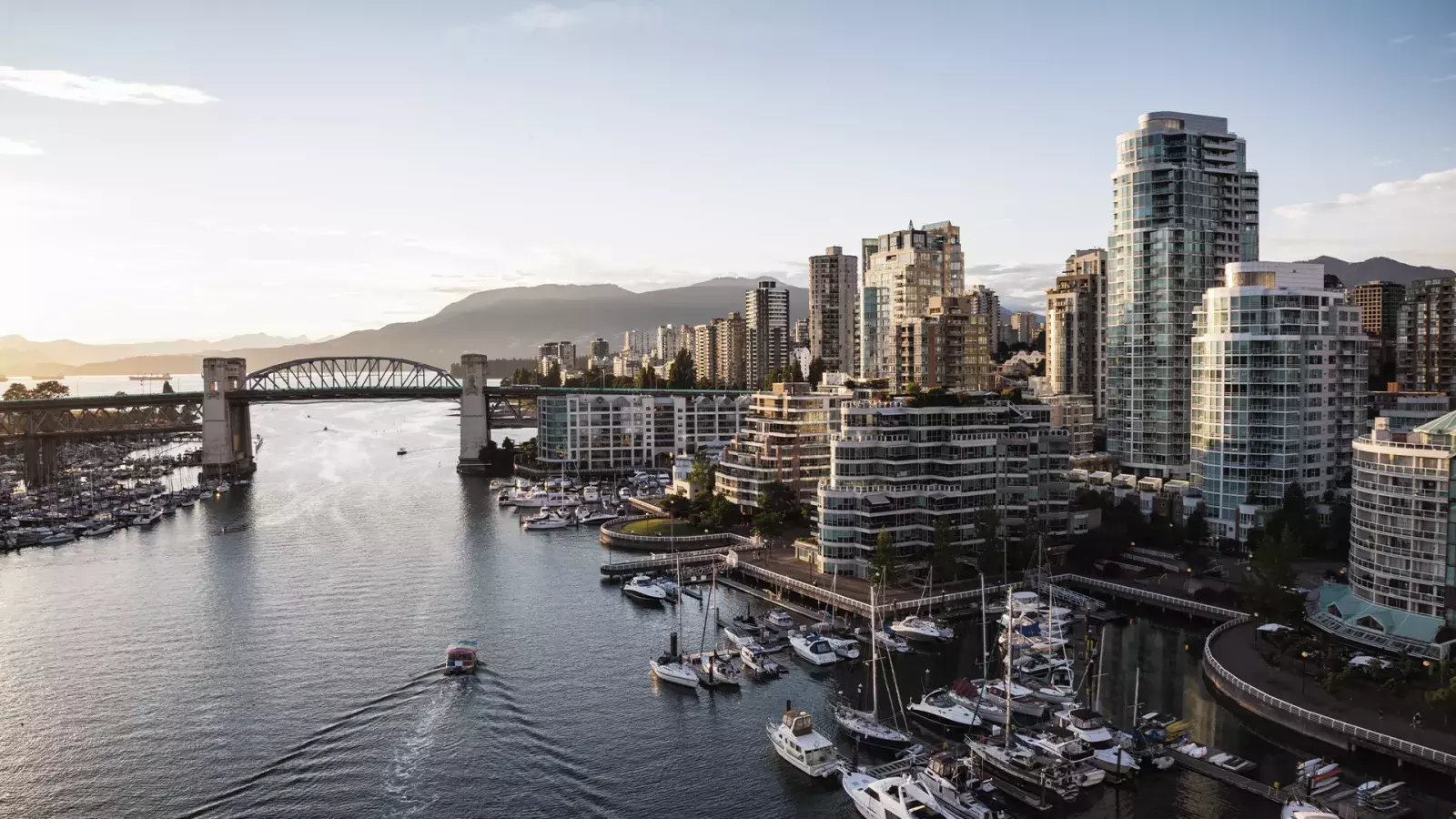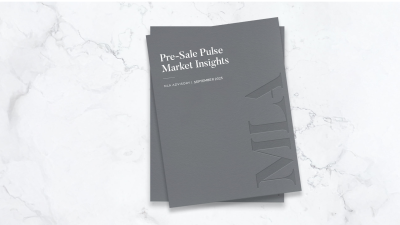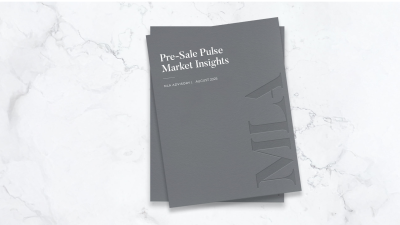British Columbia is facing strong headwinds amid a global pandemic, supply chain disruptions, rising construction costs, and historically low unemployment rates. All these variables have influenced pricing in the real estate market. Ryan Lalonde and Cameron McNeill participated in the Vancouver Real Estate Podcast, discussing the real estate fundamentals that will continue to positively affect the marketplace when having a longer-term perspective.
Lack of Supply and Mass Immigration Drives Home Prices Upward.
As we enter the tail-end of a global pandemic that shocked our nation, immigration in Canada has skyrocketed and is a hot topic of conversation among industry leaders in the real estate sector. We expect to see a whopping 1.3 million new Canadians in the next three years. Mass immigration has been on the horizon for a long time and will primarily affect the housing supply that is already low. The current challenge of lack of supply puts more upwards pressure on pricing, and more immigrants enter British Columbia in the subsequent months.
Cameron McNeill explains, "we shouldn't be surprised that with this incredible immigration wave, we simply cannot provide the housing stock whether it is for rental or home ownership."
Vancouver will forever be recognized as one of the most desirable places to live in the world as there is a friendly federal policy around immigration and is, ultimately, the underlying driving force in the hot prices in the market. We will continue to see a spike in immigration numbers as Canada requires the labour force due to historically low unemployment rates across the country, causing even more upward price pressure. Despite our strong economy, all eyes fall on the Federal Government to see how they will navigate a soft landing on our inflation and work hard not to trigger a recession.
Construction Costs Causes Price Escalation
The continuation of aggressive cost increases in construction, the stability of labour costs, and supply chain disruptions from the ongoing war in Ukraine will affect construction timelines for projects coming to market. What used to take three days can now take upwards of 8 months to receive materials such as lumber, steel, and rebar. Although the introduction of more pre-sale products is underway, we will likely not see its effects for years down the road.
"If rising costs continue to hold, the amount of inventory will fall dramatically. We will continue to see challenges in access to inventory for buyers. And we know in those moments, price escalation happens. There's already upward pressure from cost escalation as well. The pre-sale market can't swing back too far. And for those developers that have created insurances in their projects and can bring them to market while thinking about those variables, it's hard to imagine how a sub-market like Metrotown tomorrow is cheaper than Metrotown today," says Lalonde.
"If you were to forecast that out and see what reduced inventory looks like in 2023 and 2024, it feels like lower inventory, high immigration, high construction costs, prices must push up for projects to come to market. Whether that's a one-year or a three-year perspective, that's highly probable," states Lalonde. "Looking back on 10-year cycles, we've seen prices almost double in Vancouver every cycle. Likely in the next 10–15-year time frame, we will potentially see another doubling in pricing as long as interest rates remain manageable."
Rental Market vs Market Supply
In Vancouver alone, 20,000 vacant units are needed to bring the vacancy rate to 1.5%. Low rental stock is the core driver of the upward pressure on rental pricing across Metro Vancouver. We will continue to see immigration into the city, and with people choosing to stay, the gap between rental and purchase values will close. Whether it is 20,000 rental units or 25,000 new homes that we need, there is not enough supply being built to drive pre-sale home prices down.
Ryan Lalonde discusses that for homebuyers and investors looking to purchase, despite negative headlines, this is the ideal time to make concentrated bets on what's going to happen in the market over the next four to six months and act accordingly.
Pre-sale vs Resale Market
Predictions around prices levelling off or compressing are challenging to make. However, the price of pre-sale homes will likely not drop due to lack of supply and continuous demand. We will, however, see resale adjustments made as there has been a strong run-up. When looking at where the market might be two to three years from now, you must have a longer-term perspective on these choices.
"It's hard to imagine how pre-sale prices could cool off where they are today. It is much more likely that with the lack of inventory and increase of demand, you're going to see them escalate," says Ryan Lalonde.
For further details, listen to the full episode on the Vancouver Real Estate Podcast, featuring Ryan Lalonde and Cameron McNeill.



